Depression Psychosis: The Dark Side of Mental Illness

What is Depression Psychosis
Depression psychosis is a tough mental health issue where someone is feeling weird while also dealing with some pretty intense symptoms like hallucinations or delusions. It’s like being in a thick fog that makes everything seem unclear and can make even simple interactions read.
To picture this, think about someone deep in their depression who starts hearing voices or feels like someone’s watching them when no one’s there. These kinds of experiences twist their sense of reality, which can bring on a lot of fear and confusion. It’s crucial to remember this isn’t who they are but just part of a complicated mental health battle.
How it Stacks Up with Other Mental Health Issues
To treat depression with psychosis, it helps to see how it compares with other mental health challenges. While some symptoms may seem similar, depression psychosis has its unique traits:
- Major Depression: This is all about feeling red or losing interest, but it usually doesn’t come with psychotic symptoms.
- Bipolar Disorder: This one mixes both depression and mania, where psychosis can show up during extreme mood swings.
- Schizophrenia: While psychotic symptoms are present, mood issues aren’t the primary focus here, which sets it apart from depression psychosis.
Knowing the differences is helpful. For example, a new mom dealing with postnatal depression psychosis might struggle with the demands of motherhood while wrestling with intense mood swings and misperceptions. By getting these distinctions, friends and family can be better supported, helping lead to recovery.
Read also: 5 important foods that protect you from depression
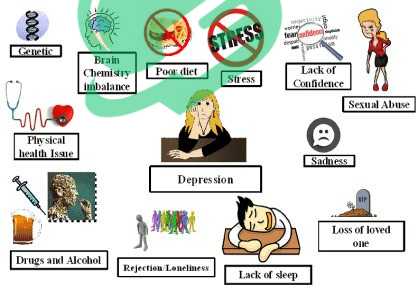
What Causes it and Who’s at Risk
The causes of depression psychosis are pretty varied, with biological factors playing a big part. Family history often matters; if you have relatives with depression or psychosis, you might be at greater risk. For instance, growing up in a household with mental health issues can mean you’re more likely to face similar struggles yourself.
Hormonal changes can also bring on symptoms, especially during times like after having a baby or during menopause.
Some key biological points are:
- Genetic predisposition: Family history can have a big impact.
- Neurotransmitter imbalances: Problems with brain chemicals like serotonin or dopamine.
- Hormonal fluctuations: Especially during pregnancy or after giving birth.
Environmental Triggers
Life’s stresses can trigger depression psychosis in some people. Things like losing a loved one or dealing with a breakup, or job loss might push someone deeper into mental health struggles.
Take a new mom, for example. If she’s had a tough delivery along with the things that come with being a mom, without the right support, she might find herself slipping into postnatal depression psychosis, where everything feels heavier due to those outside pressures.
Some common environmental triggers include:
- Traumatic experiences: Emotional or physical abuse can take a big toll.
- Chronic stress: Going through ongoing struggles like financial issues or relationship problems.
- Social isolation: Not having a strong support system can worsen the situation.
By recognizing these biological and environmental factors, both individuals and their families can get ready for the challenges that come with depression psychosis, knowing that healing is possible with the right help.
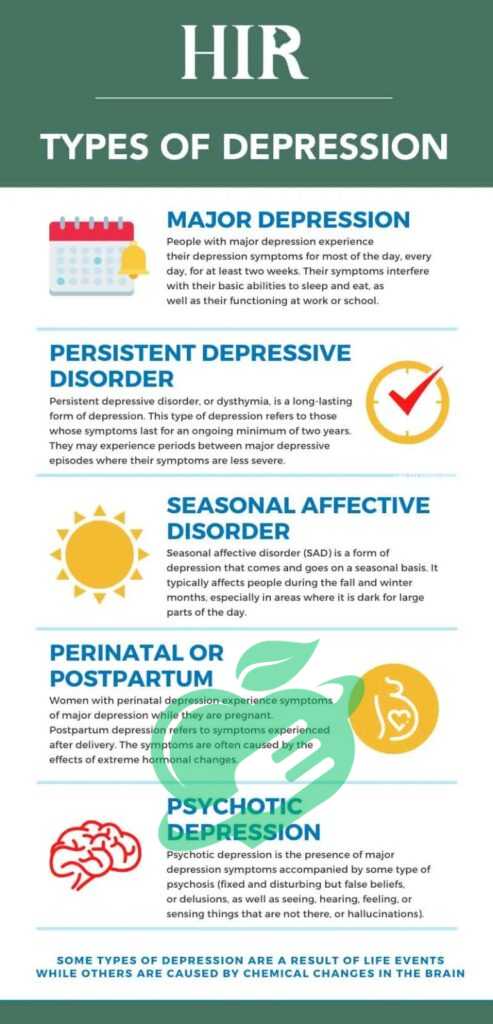
What to Look Out For: Symptoms of Depression, Psychosis
One of the hardest parts about depression psychosis is dealing with hallucinations and delusions. These can lead people to see, hear, or feel things that aren’t there. Imagine hearing voices that put you down or feel like someone is watching you. This can drive someone to withdraw from friends and family, feeling misunderstood.
Delusions are when someone holds on to strong beliefs that don’t match reality, like thinking their thoughts are being shared with the world or that they are always being watched. These beliefs can create major paranoia, making even getting through the day seem hard.
Common examples are:
- Auditory hallucinations: Hearing negative voices telling them they’re not good enough.
- Visual hallucinations: Seeing things or shapes that aren’t real.
- Delusions of grandeur: Believing one has special powers or is on an important mission.
Emotional Ups and Downs
Emotional roller coasters are another sign of depression psychosis. People might have wild mood swings, jumping from extreme sadness to moments of anger. Imagine feeling super happy one minute only to feel hopeless the next. These ups and downs can be confusing not just for the person but also for eir loved ones.
Key symptoms might include:
- Extreme sadness: Feeling hopeless for extended periods.
- Irritability: Small things might trigger a big reaction.
- Anxiety: Constantly worrying can add to the stress.
Spotting these symptoms early is important for getting help. A friendly chat or gentle nudge can encourage someone to reach out for help on their road to recovery while dealing with the ups and downs of depression and psychosis.
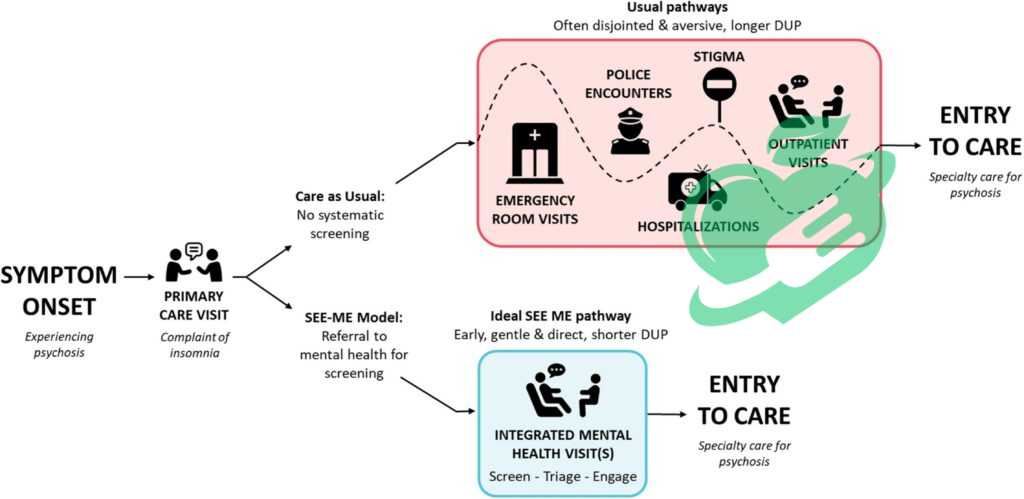
How Diagnosis and Assessment Work
Getting Checked Out by a Doctor
Figuring out if someone has depression psychosis starts with a thorough medical check-up. This involves a healthcare professional looking over the person’s medical history, including any previous mental health issues, family backgrounds, and what medications they’re taking now.
For example, ifbackgroundes of the dodoctoreeling lost in sadness and confusion, often hearing voices—fidoctor, lookingst, the doctor needs to rule out any physical health issues like thyroid problems that could mimic mental health symptoms.
Typical parts of this medical evaluation look like:
- Physical check-up: Checking overall health can point to underlying conditions.
- Blood tests: Looking at thyroid function and other health indicators.
- Reviewing medications: Checking current prescriptions for side effects that might be causing symptoms.
Psychological Check-Up
Once any physical health issues are off the table, the next part is a psychological assessment. This includes structured questions and surveys that help a mental health professional evaluate someone’s mental state, looking at how bad their depressive symptoms and psychosis are.
A mental health expert might ask questions like, “Do you have any strange thoughts?” or “What’s your mood been like lately?” This part is real because it helps clarify what someone is going through.
Key aspects of a psychological assessment involve:
- Structured interviews: Providing a deep dive into symptoms and how they affect daily life.
- Behavioral observations: Noticing how someone interacts can give clues about their emotional state.
- Standardized scales: Using tools to measure the levels of depression and psychosis.
With these evaluations, healthcare folks can set up a personalized treatment plan, making way for effective support that’s tailored to what each individual needs.

How Treatment Works
Once someone gets a depression psychosis diagnosis, medication often becomes a critical part of treatment. These meds help stabilize and lessen psychotic symptoms, which makes it easier to do other therapies.
Common meds prescribed include:
- Antidepressants: Usually SSRIs are the first choice to help with sadness.
- Antipsychotics: Great for managing hallucinations, delusions, and delusions, tackling the psychotic parts of depression psychosis like olanzapine or quetiapine.
- Mood stabilizers: Helpful for mood swings to create a more even emotional space.
For example, picture Sarah, a new mom dealing with postnatal depression psychosis, who might be prescribed a mix of an antidepressant and an antipsychotic. Though she was hesitant at first, she soon realized how beneficial these meds could be in lifting her overall mood and getting rid of those troubling thoughts.
Read also: How does diabetes affect your mood?
Psychotherapy’s Role
Along with medication, therapy is vital for getting through depression and psychosis. Talking openly with a therapist can help people understand and manage their symptoms way better.
Some popular therapy techniques are:
- Cognitive Behavioral Therapy (CBT): This helps folks spot and challenge negative thoughts, building healthier thinking habits.
- Dialectical Behavior Therapy (DBT): This is useful for handling emotions, and helping people learn ways to cope with tough feelings.
- Supportive Therapy: This gives a safe space to share feelings while getting encouragement from a therapist.
Picture Mark, who finds that through therapy, he can start reframing his negative thoughts, which not only lifts his mood but also helps him handle those psychotic moments better.
Combining meds and therapy offers a complete approach that helps get back and improve life quality for those dealing with depression and psychosis. With ongoing support, the healing journey can feel much more positive.
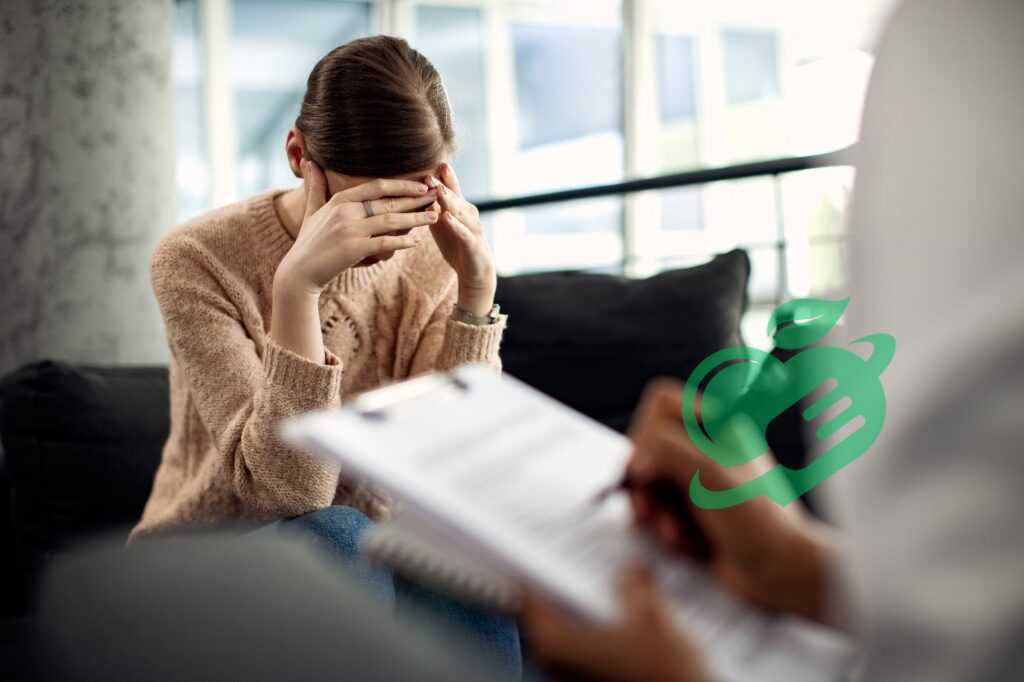
Living with Depression Psychosis
Living with depression psychosis isn’t easy, but using helpful coping strategies can make a difference in day-to-day life. These tips can empower people to handle symptoms and gain some control during tough moments.
Here are some effective coping strategies:
- Mindfulness and Relaxation: Practices like mindfulness or deep breathing can help ground someone when they’re feeling anxious or having intrusive thoughts. Just taking a few minutes to focus on breathing can bring some relief.
- Building a Routine: Having a daily schedule can provide structure, with consistent sleep and meal times creating a sense of normal.
- Keeping a Journal: Writing out thoughts can help someone express feelings and notice patterns that relate to their emotions. For example, Sarah started journaling after her diagnosis, helping her figure out her triggers.
- Getting Active: Regular exercise, even short walks, can boost mood by releasing endorphins.
Finding Support
Having a solid support network is super important in managing the ups and downs of depression psychosis. Reliable friends and family can create real change in recovery.
Ways to build your support system include:
- Connecting with Family and Friends: Talking openly about feelings can build understanding. Like Mark who shared his journey with a close buddy, found it made him feel less alone.
- Joining Support Groups: Connecting with others who are experiencing similar challenges can normalize feelings and lessen isolation.
- Working with Therapists: Regular check-ins with mental health pros can create a safe space for guidance and support.
Living with depression psychosis means building resilience. By using coping tips and finding dependable support, folks can navigate their healing journey with hope and strength. Each step forward in understanding and managing their experiences helps towards a more positive future.
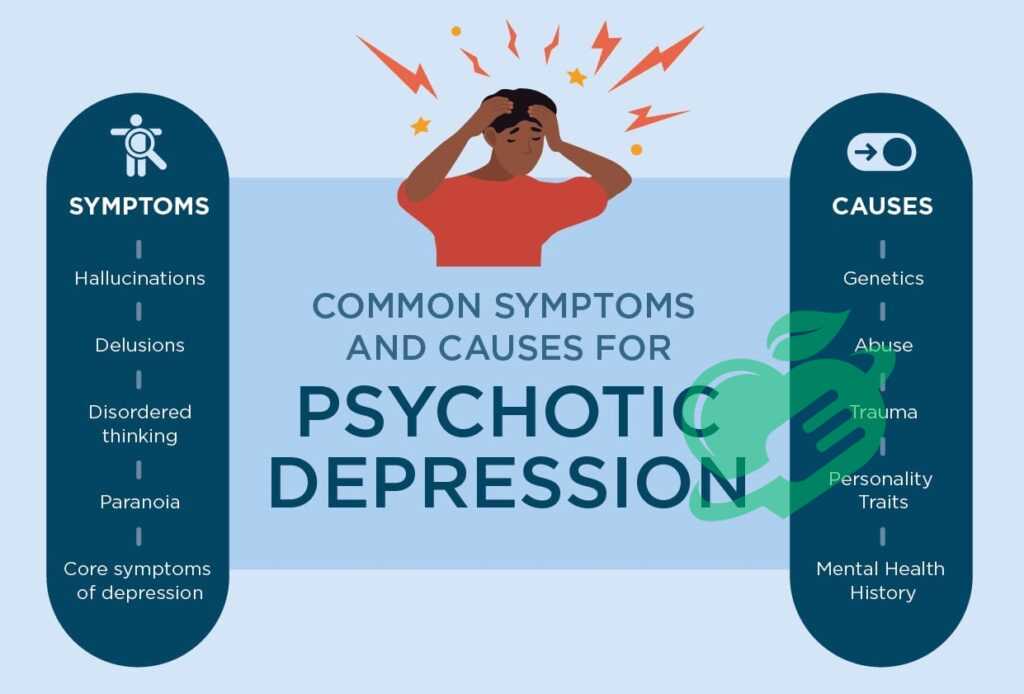
Daily Life Under the Impact
Depression psychosis can affect different parts of life, especially at work and in relationships. Many people find that their symptoms get in the way of doing their job well. For instance, when someone is hearing voices, focusing on work tasks or talking with coworkers can be a struggle, leading to feelings of inadequacy.
Think about Emily, who was doing great in her marketing job. After her diagnosis, she dealt with big mood changes and felt disconnected. Her work performance dropped a lot, which strained her connections with coworkers.
Key impacts on daily life can include:
- Lower productivity: Difficulty concentrating can mean missing deadlines.
- Pulling away: Isolation can hurt relationships because others don’t understand.
- Communication hiccups: It can be tough to share what’s being experienced, causing miscommunication.
Read also: Understanding the Importance of Mental Health First Aid
Self-Care Essentials
With these challenges in mind, making self-care a priority is key for mental health. Taking time for self-care helps to recharge and gain control over life.
Here are some good self-care ideas:
- Creating a daily routine: A set schedule can bring stability.
- Pursuing hobbies: Getting back into activities like painting can provide a creative outlet.
- Eating well: What we eat can reflect mood and energy.
Consider Caleb, who after some rough patches decided to start walking and practicing meditation daily. Over time, he noticed these practices lifted his mood and helped him feel more connected.
Read also Discover the Best Vitamin D Supplement for You.
B. By understanding the impact of depression psychosis on work and relationships while taking care of themselves, individuals can build their resilience. Each step toward better mental health leads to a better quality of life and deeper bonds with others.
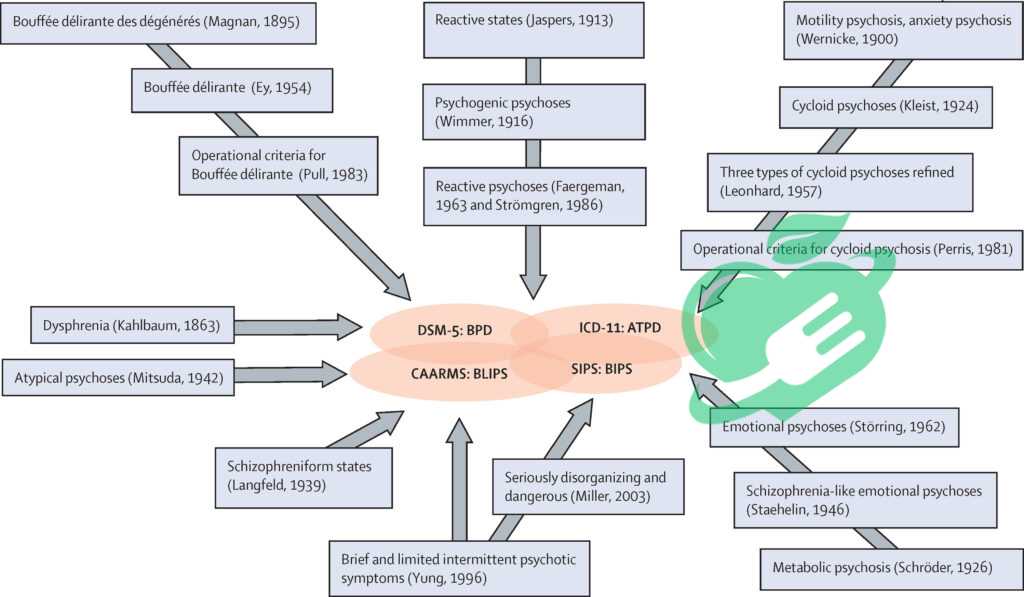
Looking Ahead: Research and Future Directions
Research on depression psychosis is important helping us understand this complex issue as well as improving treatment choices. Right now, a lot of studies are diving into different sides of depression with psychosis, trying to unlock the secrets and find effective help.
An exciting area of study looks at inflammation’s role in mental health. Some researchers are considering that long-term inflammation could lead to symptoms of depression and psychosis. For example, one study found a link between certain inflammatory markers and the severity of psychotic symptoms, which might lead to fresh treatment approaches.
Read also: Find Hope at a Leading Mental Health Hospital
Important areas of ongoing research include:
- Genetic studies: Looking into genetic tendencies that might make someone more at risk for depression psychosis.
- Long-term studies: Following individuals over time to see how symptoms change and how early help makes a difference.
New Treatments on the Horizon
As research continues, new treatments for depression psychosis are on the way, bringing hope to those affected. A really promising direction is personalized medicine where treatments are customized based on a person’s specific genetics and symptoms.
Plus, tech advancements are making waves in mental health care. For instance, apps that provide cognitive behavioral therapy are becoming more common, giving users interactive tools to switch negative thoughts for better ones.
Some innovative treatments currently being researched include:
- Ketamine therapy: Known for helping with severe depression quickly, ketamine is being looked into for its effects on psychotic symptoms.
- Virtual Reality Therapy: This new approach allows people to deal with their fears and anxieties in a safe, controlled setting.
With these ongoing studies and new treatment options, the mental health community is getting closer to truly understanding depression psychosis. These advancements mean individuals may soon find more personalized and effective treatments, helping them toward healthier lives.

Wrapping It Up and Key Takeaways
Main Points Recap
As we finish uplinking about depression psychosis, it’s really important to go over the key takeaways. Depression psychosis is a complicated condition where severe depression meets psychotic thoughts like hearing voices or having delusions.
We covered its many causes and risk factors, such as biological issues like genetics or outside life events that can trigger it. Symptoms can make daily life way harder, impacting jobs and relationships, but knowing these challenges means people can get the right help.
We looked at treatment methods, stressing the importance of combining medication with therapy for the best outcomes. We also talked about coping strategies and the need for strong support systems to aid recovery.
Why Seeking Help Matters
It’s really important to highlight the value of reaching out for help with mental health issues like depression and psychosis. Many people don’t realize how common these struggles are and may feel alone or ashamed.
Picture John, who spent years suffering silently, thinking he could face depression and psychosis all by himself. It wasn’t until he sought out professional help that he discovered the resources available to him, leading to real recovery and a better quality of life.
If you or someone you know struggles with depression or psychosis, remember that help is out there. Reaching out to mental health pros, leaning on your support network, and finding tailored treatment can lead to healing. The road may seem tough, but with the right help and tools, recovery is possible.
What are Psychotic Depression Symptoms?
- Feeling low or empty
- always tired
- trouble sleeping
- changes in how much you eat
- feeling guilty or worthless
- hard to focus or make decisions
- thinking about death or suicide .1
How to Help Someone With Psychotic Depression?
When you’re helping someone going through psychosis, here’s what to keep in mind:
Make sure you talk clearly and keep your sentences short. Use a calm voice that feels friendly and safe.
Try to understand how they feel about what they’re experiencing. Showing empathy is key.
Acknowledge their feelings of frustration or distress, but also recognize the positive aspects of what they’re going through. It all matters. 2
Is Psychotic Depression Confusing?
Psychotic depression is more likely to lead to confusing outcomes compared to nonpsychotic depression. Plus, when it comes to episodes of confusion, they often come with psychotic symptoms more often than episodes of confusing depression do. 3
To stay up to date on the latest health and nutrition developments in the United States, visit our website, Power Up Your Health, and gain more tips and solutions for a healthier life.



